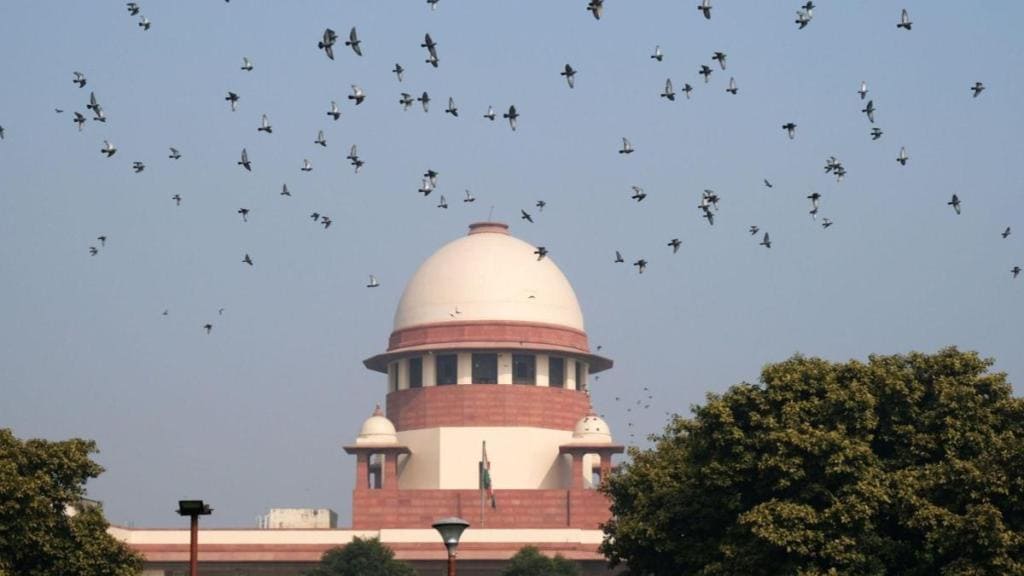The Supreme Court on Wednesday ruled that domicile-based reservation for admissions to post-graduate medical courses within the state quota is unconstitutional as it violates the Right to Equality under Article 14.
A three-judge bench maintained that bench of Justices Hrishikesh Roy, Sudhanshu Dhulia and S V N Bhatti said “residence-based reservation in PG medical courses is clearly violative of Article 14 of the Constitution.”
Justice Dhulia read out the operative part of the ruling which said, “We are all domiciled in the territory of India. There is nothing like a provincial or state domicile. There is only one domicile. We are all residents of India. We have the right to choose residence anywhere in India and to carry out trade and profession anywhere in the country. The Constitution also gives us the right to choose admission in educational institutions across India.”
The apex court also maintained that while reservation for students who reside in a particular state may be permissible to a certain degree in MBBS courses, it is impermissible in PG medical courses.
“The benefit of reservation in educational institutions, including medical colleges, for those who reside in a particular state can be given to a certain degree only in MBBS courses. But considering the importance of specialised doctors in PG medical courses, reservation in higher levels on the basis of residence would be violative of Article 14 of the Constitution,” the bench stated in the judgment as reported by Indian Express.
The bench also clarified that its decision will not affect domicile-based reservations that are already granted. The judgement is pivotal as it ensures that admission to PG medical courses – under quotas allotted to various states – can only be on merit, i.e., on NEET, or National Eligibility / Entrance Test, scores.
In 2019, a two-judge bench heard appeals from a ruling of the Punjab and Haryana High Court, which ruled similarly, that is domicile-based reservations for PG medical courses are unconstitutional. However, the court, recongising the importance of the situation, the two-judge bench referred the matter to a three-judge bench.


